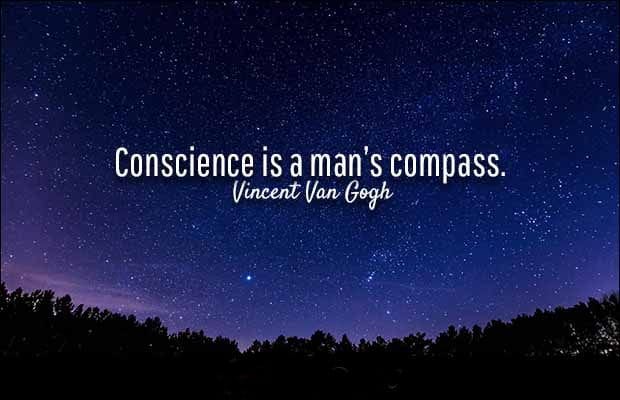A catastrophic nuclear war, which was once an unthinkable possibility, is becoming a dreadful probability, given the dynamics of the events unfolding before us. There is a serious clash of interests between two superpowers holding stock piles of nuclear weapons enough to destroy the world.
The Russo-Ukraine war is not just a war launched by an authoritarian leader against a neighbor who is facilitating the expansion of NATO towards it. It is also the outcome of a world where the philosophy of 'might is right' prevails and the end justifies the means. That nations are taking sides with one side or the other based on one's perception of who is right and who is wrong, is to be expected. But if this tendency to take sides is pursued in the current situation, another era of prolonged cold war that can escalate any time into a nuclear war, seems to be inevitable. 'Might is right' as a practical concept, has reached a dead end.
The origin of the crisis lies in the conflicting mindsets of both sides. One considers the other as adversary, who needs to be kept under check, for survival of one's geo-political interests. Differences in viewpoints is inevitable when the world is perceived through the mind and the senses. The differences disappear when the world is perceived from the viewpoint of 'oneness' of the core of one's being (the 'inner self' or 'soul' or 'atma'). Intellectually this may be within grasp, though to experience 'oneness' consciously is much more difficult.
Conflict within an individual's mind is resolved after a good night's sleep. The refreshing feeling after waking up allows a solution to emerge with ease. The bliss of deep sleep is the ground where problems are resolved and solutions found. There is this resolving ground present within each one of us as the core of one's being where the feeling of 'oneness' is experienced, although subconsciously. This 'oneness' needs to replace 'might is right' as the practical concept and become the basis of a new philosophy of action.
When people can agree on the presence of this common ground of 'oneness' deep within everyone, then their mindsets may find interaction with those having opposing mindsets, tolerable and acceptable. This underlying common ground is utilized when it is expressed in daily life as the faculty of conscience. Conscience discriminates between good and bad, or right and wrong, from the point of view of 'oneness' of the core of one's being, to which it is tied.
In a system based on conscience or 'consciencism', opinions may be expressed but decisions are taken not by gathering support openly for a particular point of view but by allowing the expression of the individual's conscience through a silent and secret ballot. Appealing to the mind and senses is replaced by appeal to the intellect. Each person is entitled to one's point of view, which by virtue of arising from the core of one's being, is as good and sacred as the point of view of another person. Formation of groups based on perception by the mind is not facilitated; therefore, adopting a particular line of thinking of a group, on matters of concern, is discouraged.
If our intellect steps in and decides to follow what is indicated as good by the conscience and we abide by our conscience, then we are connected to the core of our being and are on common ground. Two persons may choose the same option, but their reasons for choosing can be different and need not be known to others. Adoption of conscience as the common ground for action by people and nations of the world, will enable resolution of conflicts peacefully and lastingly.
For 'consciencism' to be successful, the value of conscience needs to be recognized, focusing on the oneness of humanity practiced and existing systems modified to allow the expression of one's conscience. Will this philosophy of conscience make sense to the present-day leaders and the people of the world?
All the prevailing systems like capitalism, liberalism, socialism or communism are the outcome of perceptions of the mind. Any system that goes beyond the mind and reaches the core of the human being may be considered utopian. But unless we develop an alternative system that allows 'oneness', peace and harmony to prevail, the existing mind-based systems will inevitably allow serious clash of interests, pushing the world towards the precipice.






